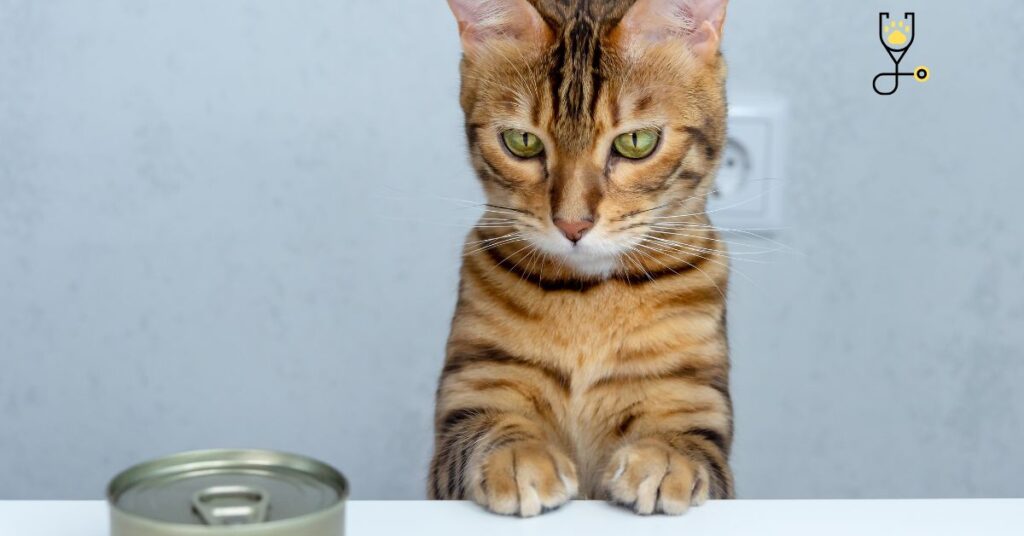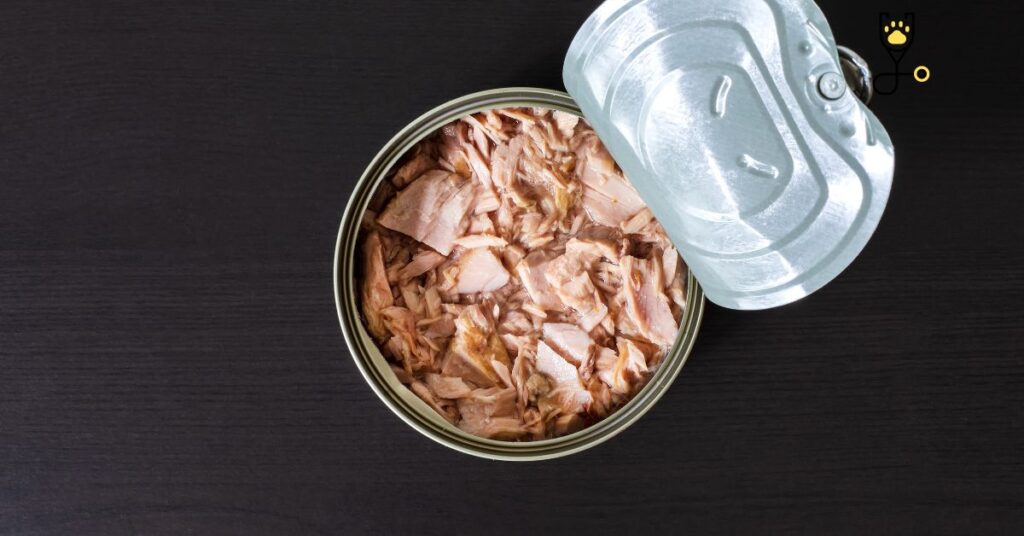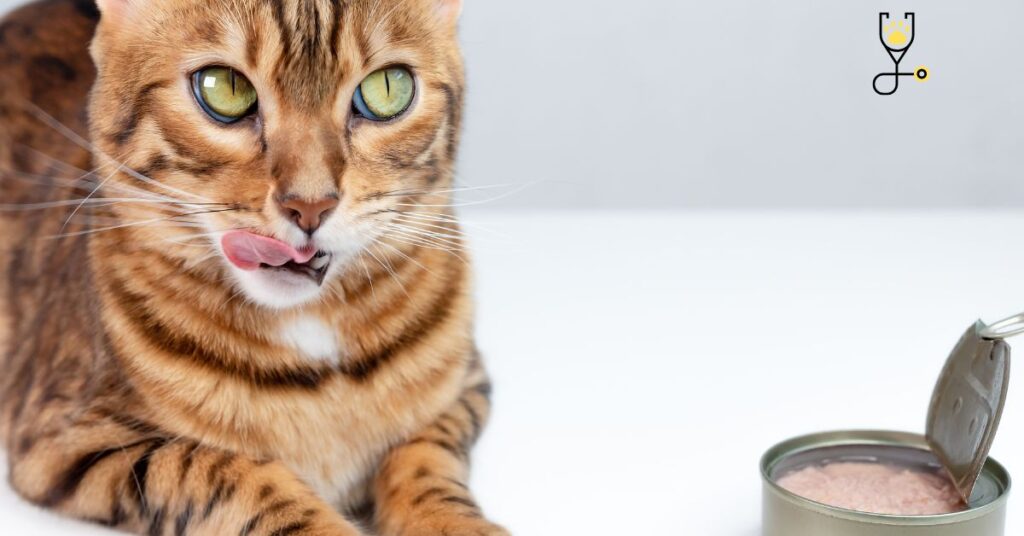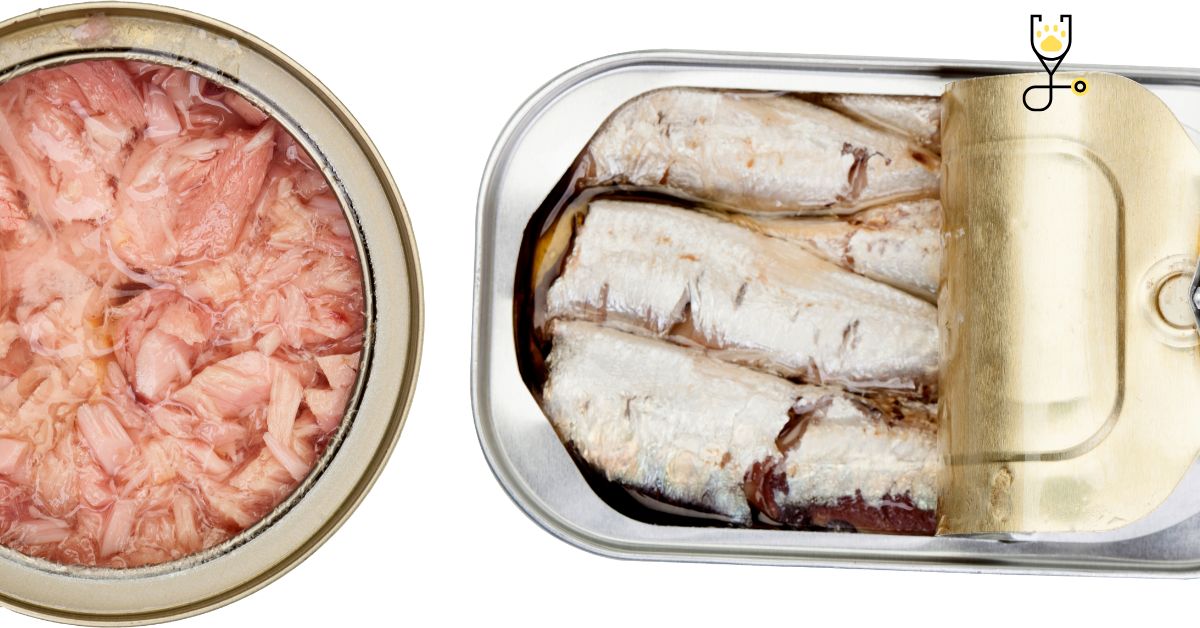Can cats eat tuna safely? What are the risks of feeding tuna to a cat? Is there a substitute for tuna that is safe and healthy for cats? These are just some of the questions we will answer in this post as we take an in-depth look at the question of whether or not it is safe to give your cat tuna. We’ll investigate both the pros and cons of feeding tuna to cats, as well as provide some alternatives that you can try if you’re looking for a safe and healthy way to feed your feline friend. So, without further ado, let’s get started!
Research on the effects of tuna consumption on cats
A study published in the Journal of Veterinary Internal Medicine in 2009 looked at the effects of a tuna diet on a group of cats. The study found that while there were no adverse effects on the health of the cats in the short term, after six months, those fed a tuna-enriched diet developed significantly higher levels of mercury in their blood than those not fed tuna. The study also found that after one year, the level of mercury in the blood of cats fed a tuna-enriched diet was more than double that of cats not fed tuna. These findings suggest that feeding tuna to cats on a regular basis could have long-term health implications. While there are some risks associated with feeding tuna to cats, there are also some benefits. Let’s take a look at the pros and cons of feeding tuna to cats.

The Pros of Feeding Tuna to Cats
There are a few reasons why you might want to consider feeding tuna to your cat. First, tuna is an excellent source of protein. Cats need protein to maintain their muscle mass and to support their immune system. Tuna is also a good source of omega-3 fatty acids, which are beneficial for the health of your cat’s skin and coat. In addition, some people believe that feeding tuna to cats can help reduce stress levels, although there is no scientific evidence to support this claim.
Learn More: Full Guide: Can Cats Eat Cantaloupe?
The Cons of Feeding Tuna to Cats
While there are some benefits associated with feeding tuna to cats, there are also some risks. As we mentioned earlier, a study published in the Journal of Veterinary Internal Medicine found that after six months, cats fed a tuna-enriched diet developed significantly higher levels of mercury in their blood than those not fed tuna. Mercury is a toxic element that can cause health problems in both humans and animals. In high enough concentrations, mercury can damage the brain and nervous system, and even cause death. Another concern with feeding tuna to cats is that it may contain high levels of sodium. Cats need only a small amount of sodium in their diet, and too much sodium can lead to health problems such as dehydration and kidney disease. Finally, canned tuna often contains bones, which can be a choking hazard for cats.
Tips To Keep In Mind If You Choose To Feed Tuna To Your Cat
If you do choose to feed tuna to your cat, there are a few things you should keep in mind in order to minimize the risks. First, make sure you’re using canned tuna that is labeled “packed in water” rather than “packed in oil.” The oil in canned tuna can be unhealthy for cats and may cause digestive problems. Second, avoid feeding your cat tuna every day. An occasional treat is fine, but feeding tuna on a daily basis can increase the risk of mercury toxicity. Finally, avoid feeding your cat tuna that has already been cooked. Cooking can actually increase the level of mercury in fish, so it’s best to give your cat raw or lightly cooked tuna. Alternatives to TunaIf you’re looking for a safe and healthy alternative to tuna, there are a few options you can try. Salmon is a good option, as it is an excellent source of protein and omega-3 fatty acids. You can also try giving your cat cooked chicken or turkey. These meats are also good sources of protein and are generally safe for cats to eat. If you’re concerned about the mercury content of fish, you can also look for cat foods that are made with mercury-free fish. Whiskas® Temptations Natural Selections™ Cat Treats, for example, is made with real salmon and do not contain any added mercury. So, there you have it! Everything you need to know about feeding tuna to cats. While there are some risks associated with this practice, there are also some benefits. If you do choose to feed tuna to your cat, just be sure to do so in moderation and take care to avoid any potential hazards.

Risks associated with feeding tuna to cats
-Mercury poisoning: Tuna contains high levels of mercury, which can be toxic to both humans and animals. In high enough concentrations, mercury can damage the brain and nervous system, and even cause death.
-Sodium poisoning: Tuna also contains high levels of sodium. Cats need only a small amount of sodium in their diet, and too much sodium can lead to health problems such as dehydration and kidney disease.
-Choking hazard: Canned tuna often contains bones, which can be a choking hazard for cats.
-Digestive problems: The oil in canned tuna can be unhealthy for cats and may cause digestive problems.
-Allergies: Some cats may be allergic to tuna. Symptoms of an allergy include itching, swelling, and difficulty breathing. If you think your cat is allergic to tuna, stop feeding it to them and contact your veterinarian.
-Weight gain: Tuna is high in calories and fat, which can lead to weight gain in cats. If your cat is overweight or obese, feeding them tuna on a regular basis is not recommended.
-Intestinal parasites: Tuna can contain intestinal parasites, which can be harmful to cats. If you feed your cat tuna, make sure it is cooked thoroughly to kill any parasites that may be present.
The benefits of feeding tuna to cats
-Tuna is a good source of protein: Protein is an important nutrient for cats, and tuna is a good source of high-quality protein.
-Tuna is a good source of omega-3 fatty acids: Omega-3 fatty acids are important for cats, and tuna is a good source of these nutrients.
-Tuna can be a healthy treat: When fed in moderation, tuna can be a healthy treat for cats. Just be sure to choose canned tuna that is packed in water, and avoid feeding your cat tuna every day.

-Tuna can help with weight loss: If your cat is overweight or obese, feeding them tuna can help them lose weight. Tuna is high in protein and low in calories, making it an ideal food for cats trying to lose weight.
-Tuna can be a good training tool: The smell of canned tuna can be a powerful motivator for cats. If you’re trying to train your cat to do a certain behavior, such as using the litter box or scratching a post, canned tuna can be a helpful tool.
Conclusion
So, can cats eat tuna? The answer is yes, but there are some risks associated with this practice. If you do choose to feed tuna to your cat, be sure to do so in moderation and take care to avoid any potential hazards.
Frequently Asked Questions
While there are some risks associated with feeding tuna to cats, there are also some benefits. If you do choose to feed tuna to your cat, just be sure to do so in moderation and take care to avoid any potential hazards.
An occasional treatment is fine, but feeding tuna on a daily basis can increase the risk of mercury toxicity.
If you’re looking for a safe and healthy alternative to tuna, there are a few options you can try. Salmon is a good option, as it is an excellent source of protein and omega-3 fatty acids. You can also try giving your cat cooked chicken or turkey. These meats are also good sources of protein and are generally safe for cats to eat. If you’re concerned about the mercury content of fish, you can also look for cat foods that are made with mercury-free fish. Whiskas® Temptations Natural Selections™ Cat Treats, for example, is made with real salmon and do not contain any added mercury.
While there are some risks associated with feeding tuna to cats, there are also some benefits. If you do choose to feed tuna to your cat, just be sure to do so in moderation and take care to avoid any potential hazards.
Before feeding your cat tuna, there are a few things you should keep in mind in order to minimize the risks. First, make sure you’re using canned tuna that is labeled “packed in water” rather than “packed in oil.” The oil in canned tuna can be unhealthy for cats and may cause digestive problems. Second, avoid feeding your cat tuna every day. An occasional treatment is fine, but feeding tuna on a daily basis can increase the risk of mercury toxicity. Finally, avoid feeding your cat tuna that has already been cooked. Cooking can actually increase the level of mercury in fish, so it’s best to give your cat raw or lightly cooked tuna.
There are a few benefits to feeding your cat tuna, despite the risks. First, tuna is an excellent source of protein. It’s also a good source of omega-3 fatty acids, which are beneficial for your cat’s skin and coat. Finally, some cats simply enjoy the taste of tuna and will beg for it at mealtime!







